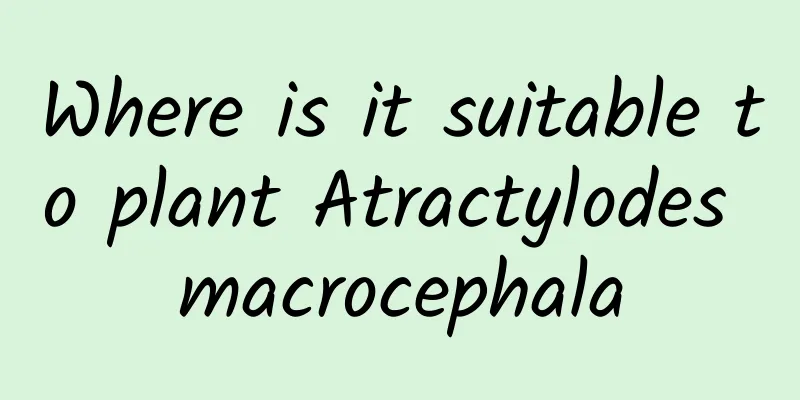How to save peony flowers from yellowing leaves

Reduce wateringIf you water too frequently or too much, the young leaves will turn yellow, but there will be no obvious changes on the old leaves. If you water too little, the plant will lack water and the old leaves will start to turn yellow from the bottom to the top. If the water shortage lasts for a long time, the leaves of the whole plant will turn dark yellow or even die. Solution: Water at the right time and in the right amount according to the condition of the potting soil. For smaller flowerpots, water them frequently, and for larger flowerpots, water them after the soil surface becomes dry. It is best to water thoroughly, and do not allow water to accumulate in the soil. Reasonable fertilizationIf too much fertilizer is applied or fertilization is applied too frequently, the leaf surface will grow well, the leaves will be thick and shiny, but the leaves will become uneven over time, and root rot may occur in severe cases. When the peony lacks nutrients or no fertilizer is applied for a long time, the young leaves and tender stems will turn yellow, gradually causing the whole plant to turn yellow or even die. Solution: Apply too much fertilizer and water in time. In serious cases, remove the plant from the pot and replace the soil. When there is a lack of fertilizer, do not apply concentrated fertilizer all at once, but supplement nutrients gradually. Prune rotten rootsPeonies have fleshy roots. If the potting soil is not suitable or the pot is not changed in time, bacterial infection will cause root rot. In the early stage, it is difficult to find any abnormalities in the above-ground part, but the absorption capacity of the roots gradually weakens, the lower leaves will slowly turn yellow, and gradually spread to the whole plant. Solution: Repot every year, check the root growth, and prune the roots in time. Be careful when watering to avoid waterlogging and root rot. Preventing pests and diseasesPeonies are often harmed by underground pests and nematodes such as white grubs and mole crickets, causing the leaves to lose their green color and turn earthy yellow, or even become dry and scorched. The main symptom of this condition is that the leaves of a single or several plants in a certain place turn yellow and burnt. Solution: When symptoms appear, use pesticides to irrigate the roots promptly, or remove the plant from the pot, disinfect it, and replace it with new soil. |
<<: Why are the leaves of the five-color plum turning yellow?
>>: What to do if the leaves of morning glory turn yellow
Recommend
What to do with dried leaves of Begonia
Too much watering Although it likes moisture, you...
What is the function of osmanthus
Osmanthus greening effect Osmanthus is evergreen ...
Can ice plant be grown in summer?
Ice plant, also known as ice grass and crystal ic...
What does a real dandelion look like?
1. Leaves The leaves of dandelion are oblong-lanc...
Can Astragalus and Salvia miltiorrhiza be soaked in water and drunk together? What are the effects?
1. Can we drink together? Astragalus and Salvia m...
How to grow lucky trees indoors? Lush lucky trees in pots. Indoor cultivation methods and precautions
Tips for Indoor Cultivation of Lucky Trees The lu...
How to prune bamboo begonia
When to prune bamboo begonias It is recommended t...
The symbolism of flowers
1. Plum Blossom The plum blossom is a very common...
Rapeseed planting time and method
Rapeseed planting time Rapeseed is suitable for p...
How to prepare orchid soil and how to prepare culture soil
Orchid soil requirements Different orchid varieti...
How to grow Jade Plant to make it bloom
Jade leaves bloom The Jade Plant usually blooms i...
What are the characteristics of Impatiens
1. Appearance characteristics The flowers of Impa...
Management of the flowering period of large-flowered cymbidium (how long is the flowering period, can fertilizer be applied during flowering)
1. How long is the flowering period of cymbidium?...
How many kilograms can one acre of ox-horn pepper produce?
Yield of horn pepper per mu Cow horn pepper has t...
Methods and steps for planting bamboo on the balcony Feng Shui considerations and precautions for planting bamboo on the balcony
Bamboo is known as the symbol of Chinese cultural...









